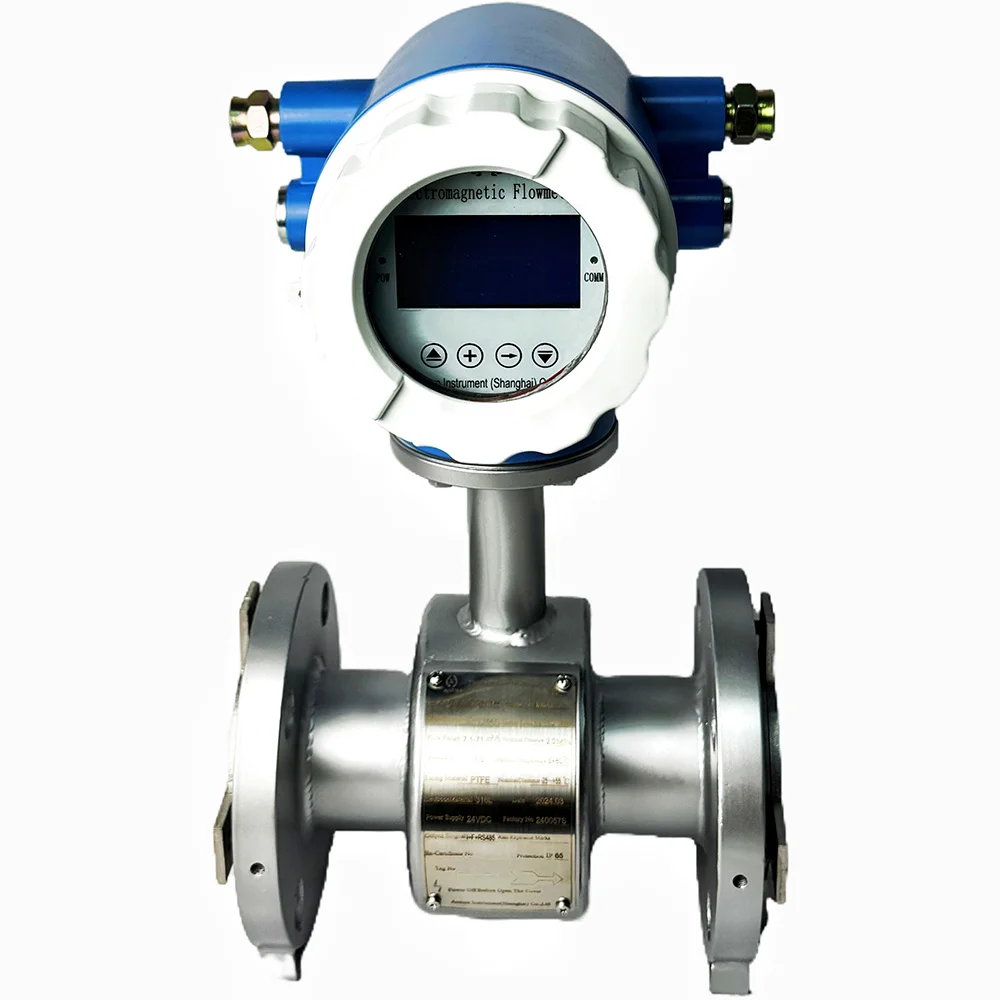To Repair or Replace: The Dishwasher Dilemma Explored
In the modern kitchen, the dishwasher stands as a symbol of convenience, efficiency, and time-saving. However, like any appliance, it is not immune to wear and tear. When faced with a malfunctioning dishwasher, homeowners often grapple with a critical question: Is it worth it to fix a dishwasher? This article delves into the multifaceted considerations surrounding dishwasher repairs, offering insights that can guide your decision-making process.
Understanding the Common Issues
Before deciding whether to repair or replace your dishwasher, it’s essential to understand the common issues that can arise. Some prevalent problems include:
- Water Drainage Issues: Clogs in the drain hose or a malfunctioning pump can prevent proper drainage, leading to standing water and potential damage.
- Heating Element Failures: If your dishes are coming out dirty or not drying properly, the heating element may be faulty, affecting the appliance's overall performance.
- Electrical Problems: Issues with the control panel or wiring can lead to operational failures, making the dishwasher unresponsive.
- Leaking: A leaking dishwasher can cause significant water damage to your kitchen, necessitating immediate attention.
Cost Analysis: Repair vs. Replacement
When weighing the decision to repair or replace your dishwasher, a cost analysis is crucial. Here are some factors to consider:
- Repair Costs: The average cost of repairing a dishwasher ranges from $100 to $400, depending on the issue. For minor repairs, such as unclogging a drain or replacing a door seal, the costs may be on the lower end. However, significant repairs, like replacing the heating element or control board, can escalate quickly.
- Replacement Costs: On the other hand, purchasing a new dishwasher can range from $300 to over $1,500, depending on the brand, features, and energy efficiency. While a new appliance comes with a warranty and the latest technology, it also represents a significant upfront investment.
- Age of the Dishwasher: The age of your appliance plays a vital role in your decision. If your dishwasher is over 10 years old, it may be more cost-effective to invest in a new model rather than pouring money into repairs.
Evaluating Energy Efficiency
Another critical aspect to consider is energy efficiency. Older dishwashers tend to consume more water and electricity compared to modern models, which are designed to be more eco-friendly. If your current dishwasher is outdated, replacing it with an Energy Star-rated model can lead to substantial savings on utility bills over time.
The Emotional Factor
Beyond the financial implications, there is an emotional component to consider. A malfunctioning dishwasher can be a source of frustration, especially for busy households. The convenience of a fully operational dishwasher can significantly enhance your quality of life, making the investment in a repair or replacement worthwhile from a lifestyle perspective.
Warranty and Service Considerations
Before making a decision, check if your dishwasher is still under warranty. Many manufacturers offer warranties that cover specific repairs, which can alleviate some of the financial burdens associated with fixing your appliance. Additionally, consider the reputation of the repair service. A reliable technician can provide a thorough diagnosis and may even offer a warranty on their work, adding another layer of assurance to your investment.
Conclusion: Making the Right Choice
Ultimately, the decision to fix or replace your dishwasher hinges on a combination of cost, age, energy efficiency, and personal circumstances. If the repair costs are less than half the price of a new dishwasher and your appliance is relatively new, a repair may be the best option. Conversely, if your dishwasher is aging, frequently breaking down, or consuming excessive energy, investing in a new model could be the more prudent choice.






